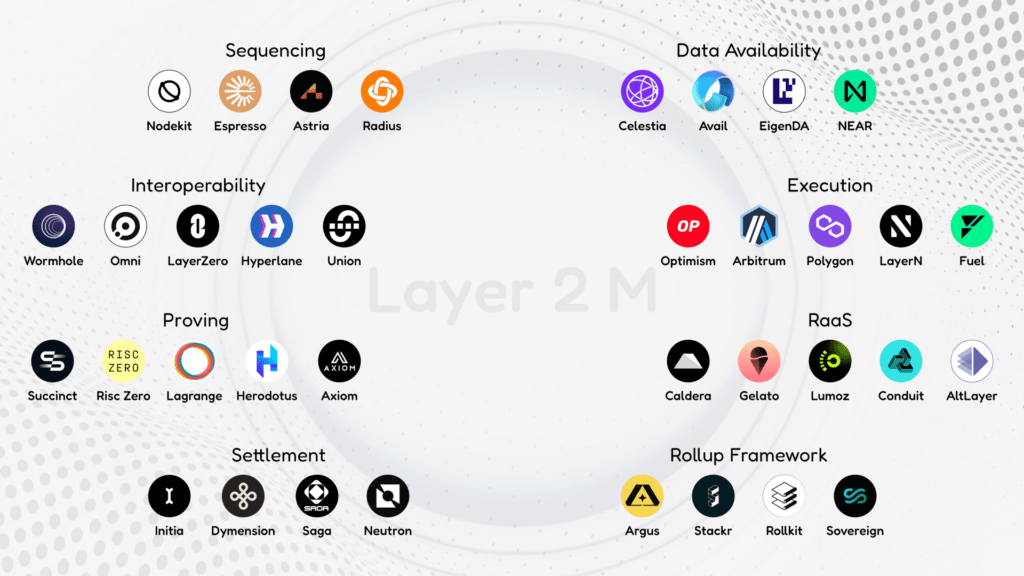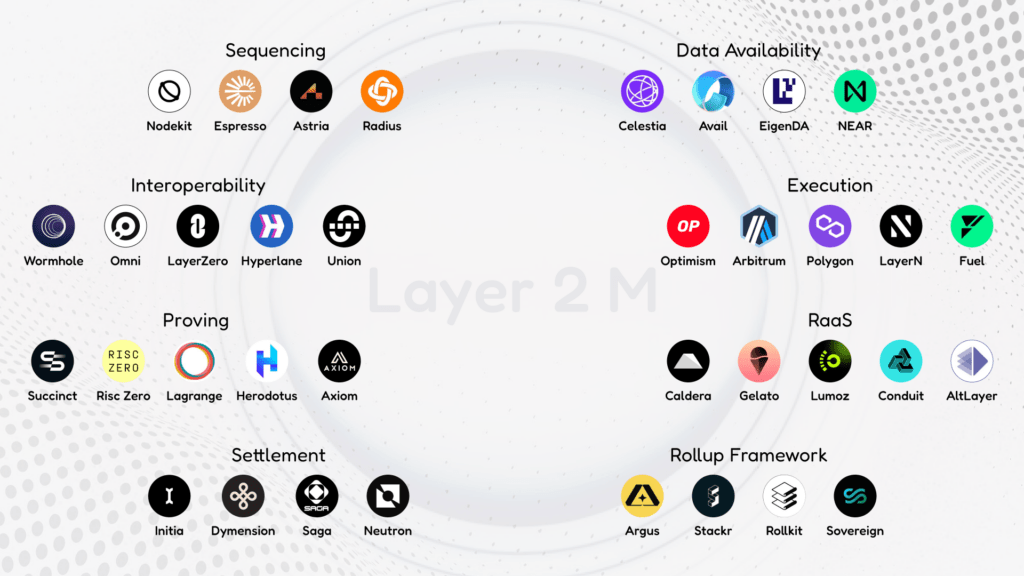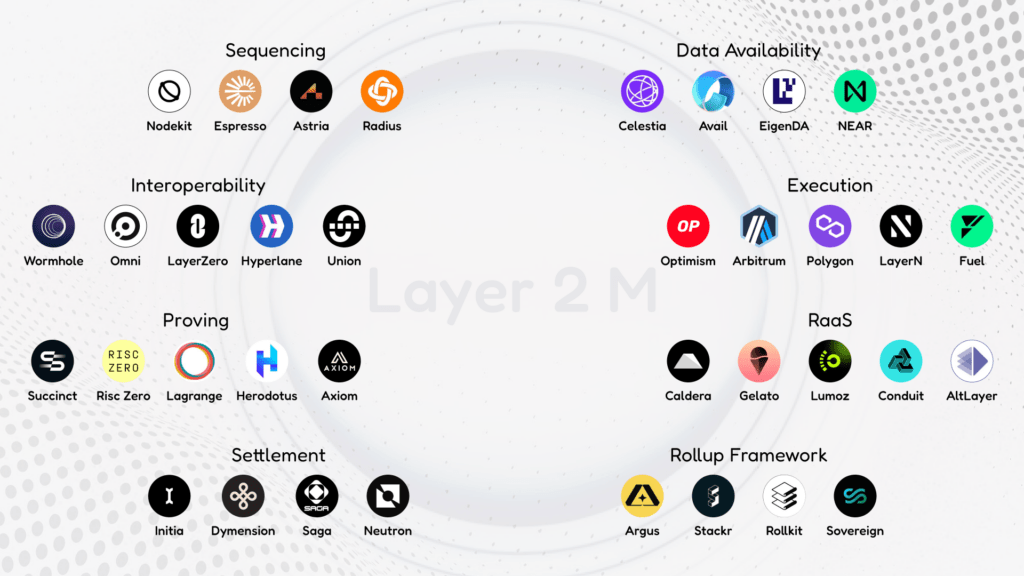Research Summary
The report by Andrew Hall and Eliza Oak explores the impact of monetary rewards on democratic participation, using a case study of blockchain startup Optimism. The study found that the promise of token rewards led to a significant increase in participation, particularly among those who had not previously engaged. The rewards also encouraged a broader distribution of voting power, particularly among smaller token holders.
Key Takeaways
Monetary Rewards Boost Participation
- Increased Token Delegation: The announcement of token rewards by Optimism led to a significant increase in token delegation, a key measure of participation. This suggests that the prospect of monetary rewards can motivate people to engage in democratic processes.
- Engagement of New Participants: The increase in token delegation was particularly pronounced among wallets that had not previously delegated their tokens. This indicates that monetary rewards can draw in new participants to democratic governance.
Rewards Influence Future Participation
- Impact on Subsequent Delegation: The study found that receiving a reward for past participation directly increased the rate at which addresses subsequently delegated their tokens. This suggests that rewards not only incentivize initial participation but also encourage continued engagement.
Democratization of Voting Power
- Delegation to Others: The study found that rewarded addresses were more likely to delegate their voting power to other addresses rather than keeping it for themselves. This indicates that monetary rewards can lead to a more equitable distribution of voting power.
- Greater Impact on Smaller Tokenholders: The effects of the rewards were stronger for smaller tokenholders, suggesting that monetary incentives can help to broaden democracy by encouraging participation among a wider range of stakeholders.
Actionable Insights
- Consider Monetary Incentives: Organizations seeking to boost participation in democratic processes should consider the use of monetary rewards. As the study shows, such incentives can significantly increase engagement, particularly among those who have not previously participated.
- Design Rewards to Encourage Broad Participation: The design of the reward system can influence the distribution of voting power. By rewarding participation, organizations can encourage a more equitable distribution of power and foster a broader democracy.
- Monitor Long-Term Effects: While the study found that rewards can boost participation in the short term, further research is needed to understand the long-term effects of such incentives. Organizations should monitor participation rates over time to assess the sustainability of the initial boost in engagement.












